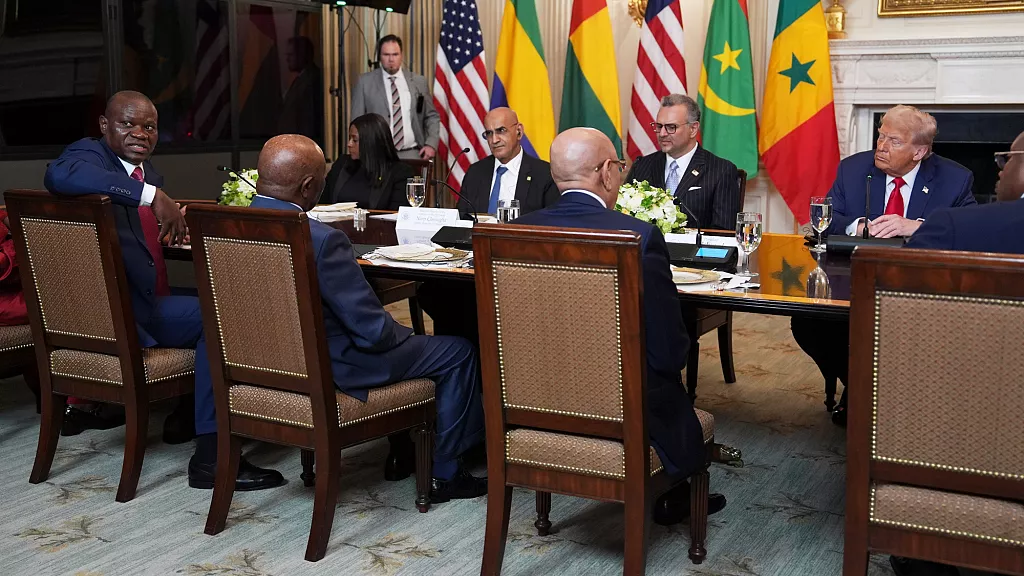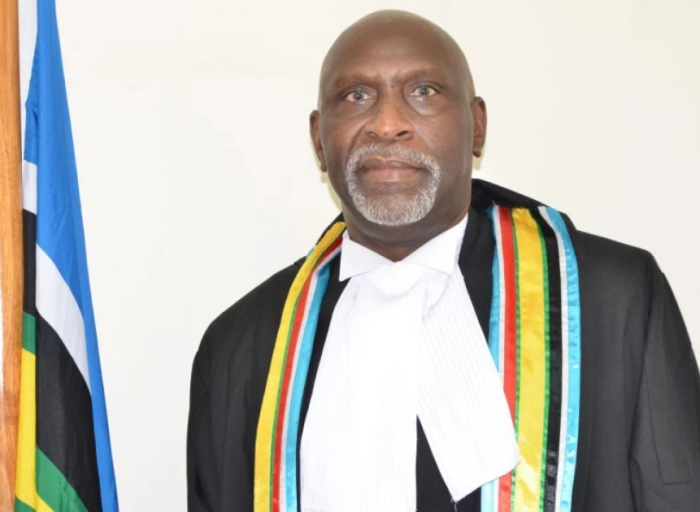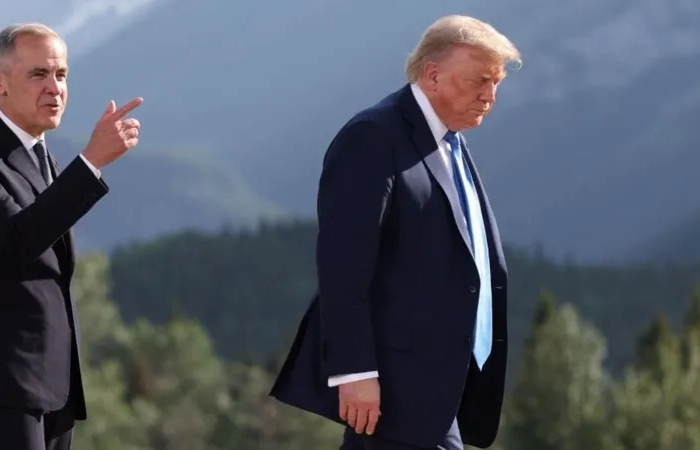U.S. President Donald Trump is once again at the center of international headlines—this time for a growing number of Nobel Peace Prize nominations recognizing his recent diplomatic initiatives. Global leaders, particularly from the Middle East and Africa, are lauding Trump’s role in advancing peace efforts, even as critics remain skeptical of the broader impact and consistency of his foreign policy.
In a symbolic and high-profile moment at the White House, Israeli Prime Minister Benjamin Netanyahu personally presented Trump with a letter nominating him for the Nobel Peace Prize. The gesture came during a dinner meeting focused on the escalating conflicts in Gaza and Iran. “It’s nominating you for the peace prize, which is well-deserved,” Netanyahu stated.
Soon after, African leaders added their voices. Gabonese President Brice Oligui Nguema praised Trump’s behind-the-scenes efforts to mediate between the Democratic Republic of Congo and Rwanda—two nations with a long history of hostility. “He brought peace back to a region where that was never possible,” said Nguema.
These endorsements form part of a broader narrative Trump is cultivating during his second term: that of a global peacemaker. His team frequently references past achievements such as the Abraham Accords and diplomatic de-escalation efforts between India and Pakistan.
However, the nominations have sparked controversy. Detractors argue that unresolved conflicts—such as the wars in Ukraine and Gaza—undermine the case for honoring Trump with a peace prize. Some have pointed out inconsistencies, such as Pakistan nominating him while simultaneously condemning U.S. airstrikes on Iranian nuclear facilities.
Though the Nobel Peace Prize process remains confidential, nominations from heads of state are permissible. For Trump, these endorsements are political capital; for critics, they raise pressing questions about the definition and integrity of global peace efforts.
As the debate continues, one thing is clear: Trump’s diplomatic legacy, whether viewed as peacemaker or provocateur, remains as polarizing as ever.



